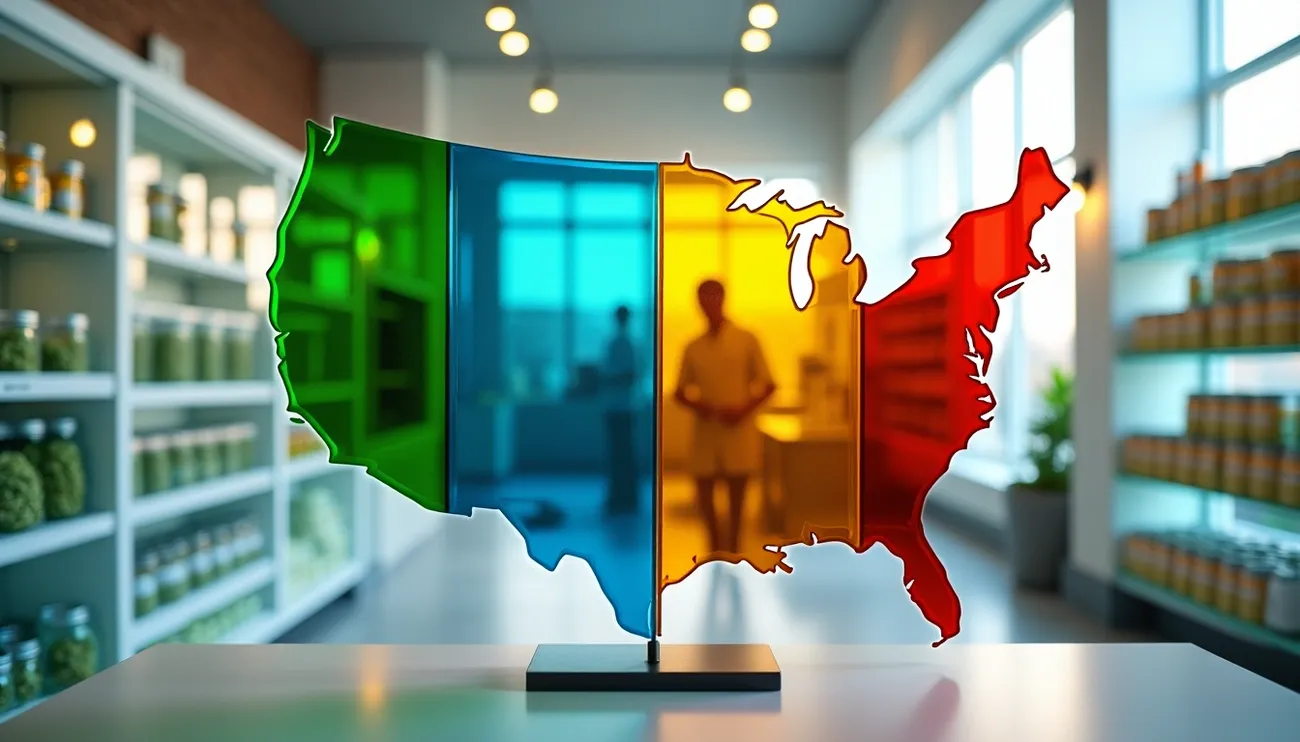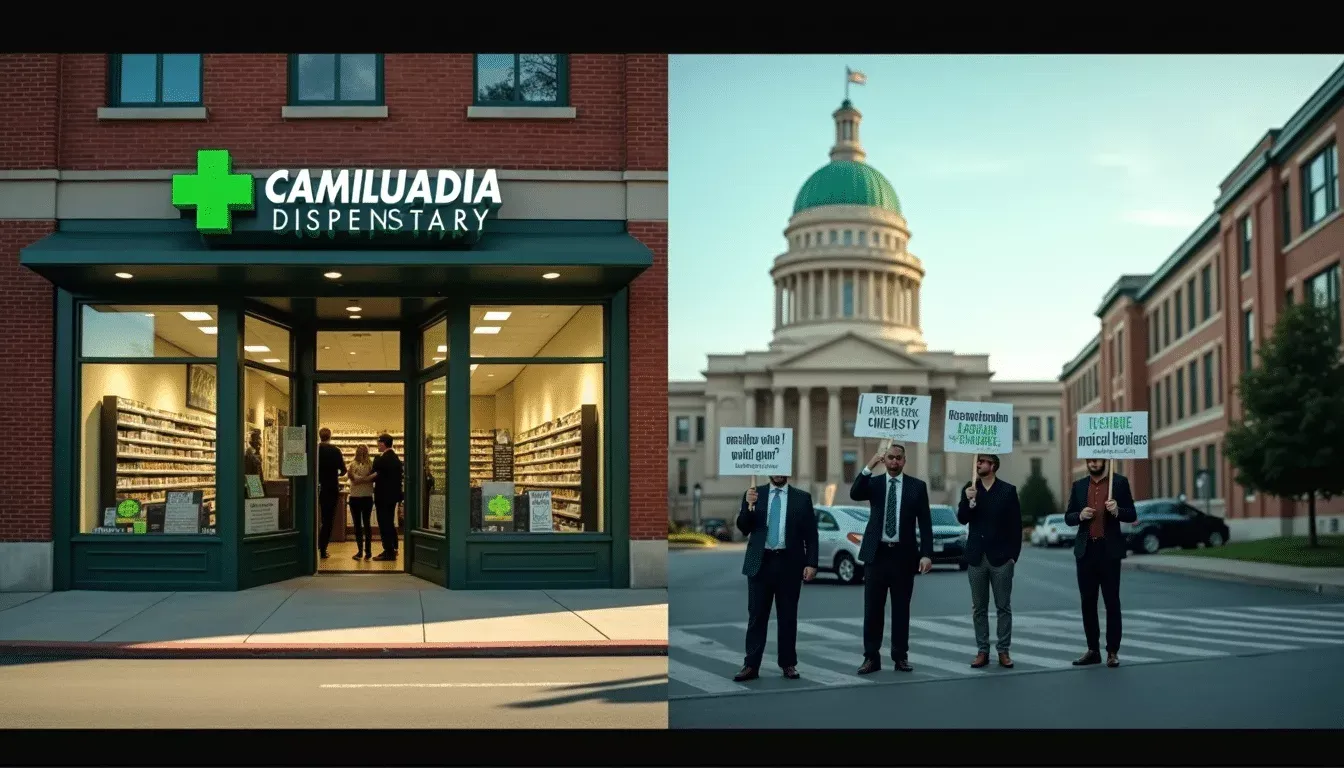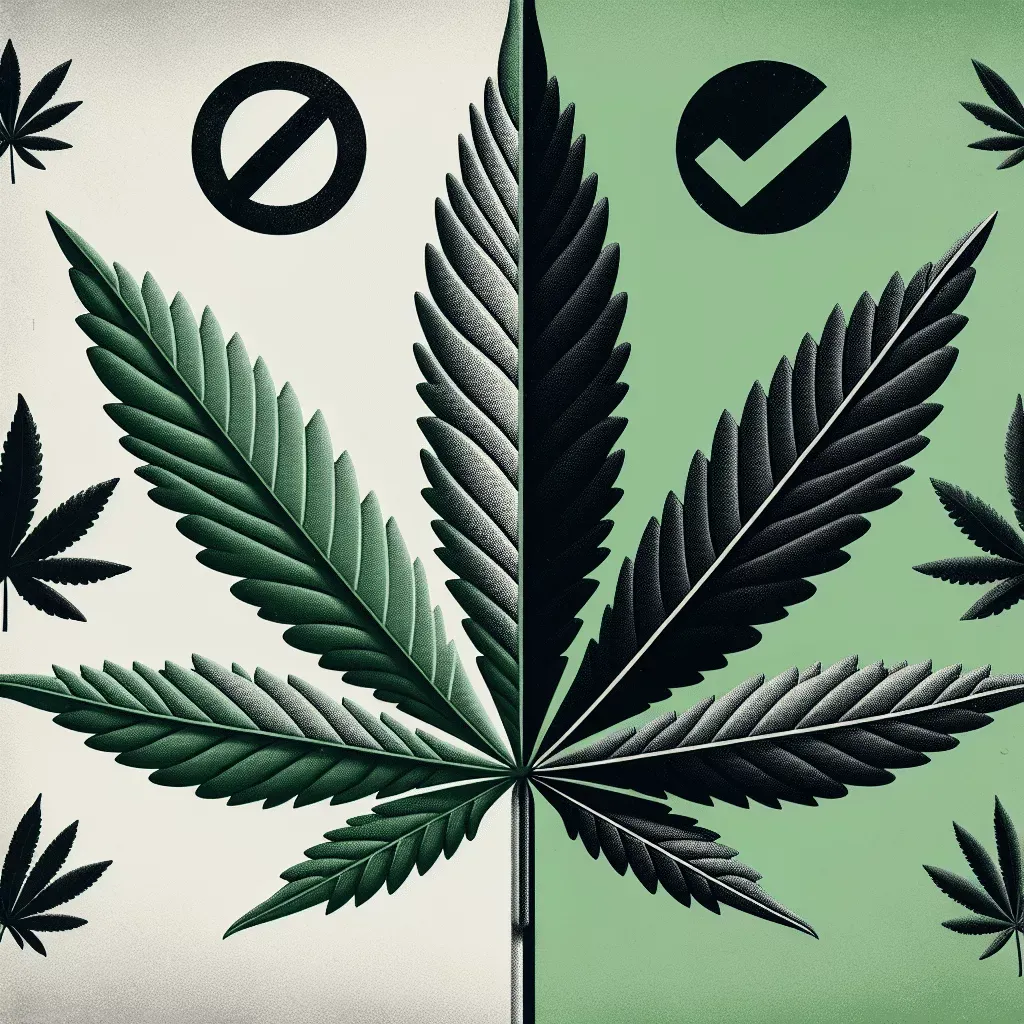Global Cannabis Legalization: Latest Milestones and Challenges
The global landscape of cannabis legalization is rapidly evolving. Once a taboo subject, the notion of legalizing cannabis is now a hot topic and gaining momentum across continents. As governments reconsider their drug policies, the social, economic, and health implications are being rigorously debated. This article delves into the current state of cannabis legalization worldwide, discussing the milestones achieved, the challenges posed, and what lies ahead in this increasingly pivotal global discourse.
The Current State of Cannabis Legalization
Cannabis, also known as marijuana, has been used for medicinal and recreational purposes for thousands of years. Despite its historical significance, it was widely prohibited in the 20th century due to public health concerns and international pressure. However, recent decades have witnessed a gradual shift, with many countries reconsidering their stance on cannabis.
Currently, Canada and Uruguay have fully legalized recreational cannabis use, while several states in the USA have followed suit, although cannabis remains illegal at the federal level. Across Europe, countries like the Netherlands, Spain, and Portugal have decriminalized its use, while Germany is moving towards full legalization. Conversely, Asian countries remain largely resistant, often imposing strict penalties for possession and use.
The Benefits and Risks of Cannabis Legalization
The move towards legalization is spurred by numerous potential benefits. Economically, the cannabis industry can stimulate job creation and increase tax revenues. For instance, in 2022, legal cannabis sales in the United States exceeded $25 billion, demonstrating its significant economic potential. Furthermore, legalization can reduce the burden on the criminal justice system by decreasing arrests and incarcerations related to cannabis offenses.
From a medical perspective, cannabis is lauded for its potential to alleviate chronic pain, reduce seizures in epilepsy, and assist in mental health treatments. Its efficacy in these areas is still being evaluated, but anecdotal evidence and preliminary studies show promise.
However, the risks cannot be disregarded. Critics highlight potential public health concerns associated with increased cannabis accessibility, such as impaired driving, addiction, and the unknown long-term effects of regular use. There is ongoing research into these issues, emphasizing the need for public education and robust regulatory frameworks to mitigate potential harms.
Challenges in Global Cannabis Legalization
While the momentum for legalization is palpable, several challenges hinder a cohesive global approach. One significant barrier is the existing international drug control treaties, such as the Single Convention on Narcotic Drugs of 1961, which classifies cannabis as a controlled substance. This places countries that want to legalize in a complex position, having to balance domestic reform with international obligations.
Cultural stigma around cannabis use remains prevalent in many societies, often fueled by decades of anti-cannabis propaganda. This presents another hurdle, as public opinion can significantly influence policy-making. Overcoming these perceptions requires concerted efforts in public education, emphasizing evidence-based arguments to reshape narratives.
Additionally, regulatory challenges are critical. Ensuring quality control, preventing youth access, and managing cross-border issues require elaborate legal frameworks. Countries pioneering legalization, like Canada, serve as case studies for establishing effective regulations, yet each nation must tailor policies to their unique social and cultural contexts.
Actionable Insights and Tips for Stakeholders
For governments contemplating cannabis legalization, stakeholder engagement is paramount. Policymakers should involve health professionals, industry experts, law enforcement, and the public in candid discussions. Understanding the diverse perspectives can aid in crafting well-rounded policies.
Healthcare providers should remain informed about the latest research on medical cannabis to appropriately guide their patients. As legalization grows, demand for comprehensive medical training on cannabis use is anticipated.
Individuals can play an active role by staying informed. Engaging in community dialogues, attending public forums, and participating in surveys can help influence policies that are reflective of public interests. Advocating for continuous research on cannabis use can also help address the unresolved questions and potential risks associated with the substance.
the Future of Cannabis Legalization
The journey towards global cannabis legalization presents an intricate tapestry of opportunities and challenges. As countries experiment with policies, the resulting case studies will be invaluable for shaping future efforts. Whether it’s setting up a legal industry or integrating medical cannabis into healthcare systems, these steps require careful deliberation and open-mindedness to address the complex issues at hand.
As more nations join the conversation, sharing experiences and strategies will be crucial. Readers are encouraged to delve deeper into this topic by exploring related articles, partaking in discussions, or sharing their thoughts in the comments. The future of cannabis legalization will ultimately depend on our collective ability to learn from each other and approach the subject with an informed and open perspective.
FAQ: Global Cannabis Legalization Updates
1. Which countries have recently legalized cannabis for recreational use?
As of the latest updates, countries like Canada and Uruguay have fully legalized cannabis for recreational use. Several US states have also followed suit. Additionally, countries like Mexico, Malta, and Switzerland have progressed significantly toward legalization, often with varying regulations at the federal or regional levels.
2. What are the common regulations in countries where cannabis is legalized?
Regulations vary significantly by country but often include age restrictions (generally 18 or 21 years and older), limits on the amount individuals can possess or purchase, rules on where cannabis can be consumed, and guidelines for cannabis marketing and sales. Some places may also allow home cultivation, typically with restrictions on the number of plants.
3. How does cannabis legalization differ between medical and recreational use?
Medical cannabis legalization is more widespread globally and typically involves more stringent controls over who can access cannabis and for what conditions. Patients may need a doctor’s prescription. Recreational legalization generally allows for broader access, with fewer restrictions on who can purchase cannabis, though often still with some form of regulation on age, purchase limits, and consumption areas.
4. What are the socio-economic impacts observed from cannabis legalization?
Countries that have legalized cannabis have reported various socio-economic impacts, such as increased tax revenue, job creation in the cannabis industry, and decreased law enforcement and judicial costs related to cannabis-related offenses. However, challenges such as potential increases in usage rates and concerns about public health and safety persist.
5. What are the international challenges to cannabis legalization?
Internationally, cannabis remains classified as a controlled substance under the United Nations drug control treaties, creating challenges for countries pursuing legalization. Additionally, cross-border legal discrepancies can complicate travel and trade. Countries often need to navigate complex relationships with international trade partners and address potential conflicts with these treaties.
,
Share this content:



